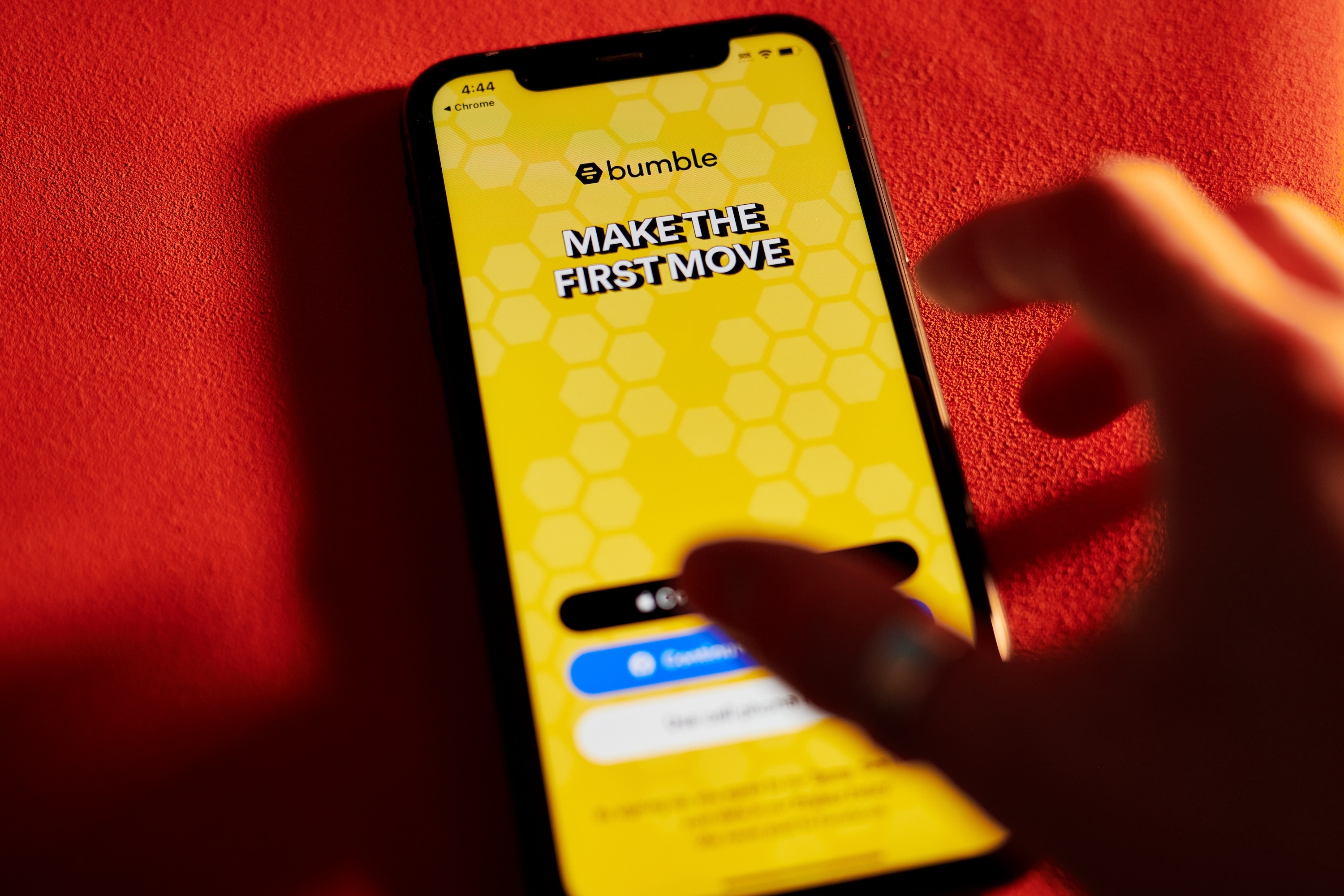
On November 4, Zohran Mamdani achieved triumph in the New York City mayoral race, promising initiatives such as a rental freeze and rapid, complimentary bus services. His victory instilled hope within New Yorkers and unexpectedly among those in search of romance.
Mamdani encountered his spouse, animator and illustrator Rama Duwaji, on Hinge in 2021, and they tied the knot in February. Despite Hinge usually refraining from commenting on the personal lives of public figures, Mamdani’s achievement has prompted some to express positivity on social media about finding partners of a similar ilk. Others bemoan their failure to meet their own leftist, cheerful mayoral victor, pointing to modifications within the app throughout the last four years.
“This can’t be the same Hinge that Zohran met his wife on,” X user @dfarecs noted last week.
This feeling is mirrored on TikTok, where users share videos and comments expressing skepticism that Mamdani and his wife connected on the same Hinge app they utilize, asserting “Hinge was peak 2021-2023 it fell off.”
The notion that dating apps are on the decline is not novel. In reaction to @dfarecs’s remark, a 2023 video from comedian Keara Sullivan reemerged on X. She stated that individuals who formed partnerships on dating apps over the last two years were lucky, as the experience has deteriorated.
Sullivan was not specifically talking about Hinge but rather dating apps in general, indicating that singles are facing challenges, and she couldn’t identify what shifted, but friends of all genders were encountering issues on these platforms.
The video, boasting 4.5 million views, is two years old, yet the sentiment has intensified. Dating apps experienced a boom in 2020 due to lockdowns, but over the subsequent five years, the user experience has worsened, echoing the overall online experience.
Tinder and Hinge both debuted in 2012, with Match Group merging with Tinder in 2017 and acquiring Hinge in 2018. More than a decade later, the apps have lost their allure. In a Mashable article discussing AI features on dating apps, Dr. Jennifer Gunsaullus outlined several reasons for this:
– Swipe fatigue: Sifting through profiles can be draining, particularly when outcomes are unsatisfactory.
– The paradox of choice: An overwhelming number of potential matches complicates the selection process.
– Superficial snap judgments: Making dating decisions based on minimal information.
– Unsatisfactory behavior such as ghosting.
Faith in these apps has also diminished. Veteran users have witnessed features they once enjoyed for free becoming paywalled, with exclusive features now dispersed across various apps.
This erosion of trust has resulted in lawsuits and government intervention. Last year, a class-action lawsuit against Match Group alleged that the apps are “addictive” and “predatory,” prioritizing profit over meaningful matches. In September, two senators pressed Match’s CEO to tackle romance fraud.
Hinge acknowledges the shifting needs of daters and collects feedback to inspire new functionalities. This year, Hinge rolled out AI-driven prompt feedback and fresh prompts in partnership with psychotherapist Esther Perel, addressing user dissatisfaction regarding similar-sounding profiles. To counter the issue of unresponsiveness, Hinge introduced a limit on unanswered messages.
Aside from the platforms, various factors contribute to dating dissatisfaction. Young women are trending more liberal, while young men are leaning conservative, complicating shared values. The struggling job market and rising living expenses impact dating, as financial distress inhibits the desire to commit.
Meanwhile, the rise of AI has led some individuals to utilize chatbots for dating or even date chatbots themselves. Others wish to eliminate technology from dating and prefer face-to-face interactions.
Tinder has encountered financial difficulties, with direct revenue down 3 percent and paying users down 7 percent year-over-year, as reported in Match’s third-quarter earnings. Bumble noted a similar trend: total revenue down 10 percent and paying users down 16 percent year-over-year.
Ironically, Hinge is flourishing financially. Its direct revenue increased by 27 percent, and paying users rose by 17 percent year-over-year. Despite grievances on social media, individuals continue to seek love on Hinge. Whether they will find a future mayor to marry remains to be seen.